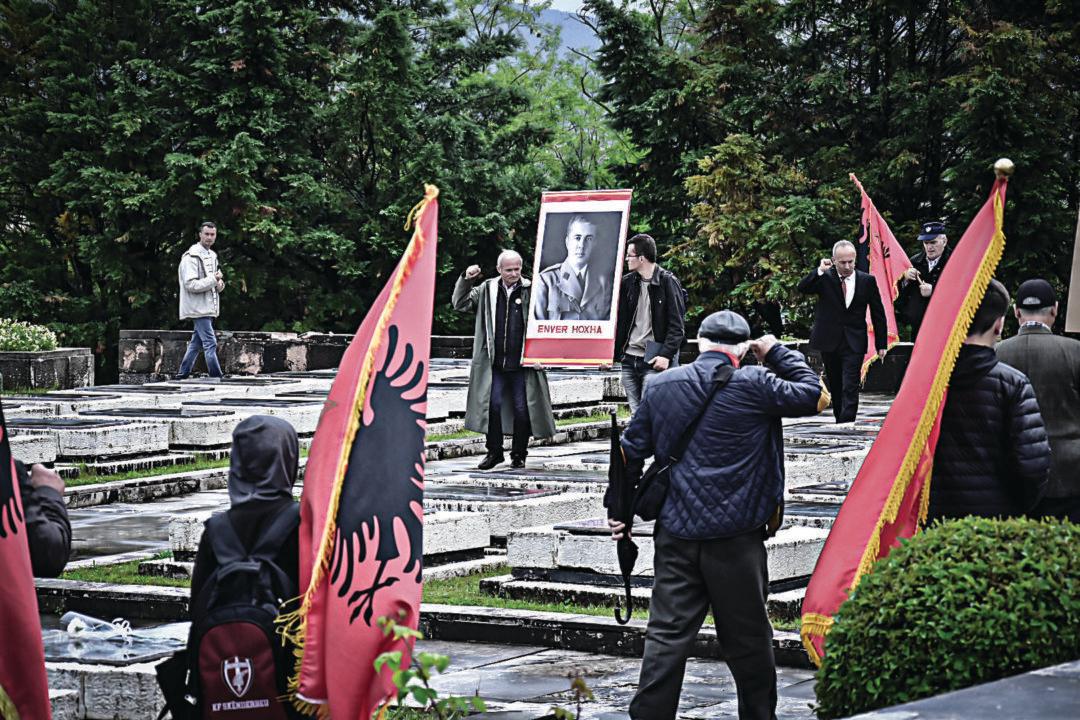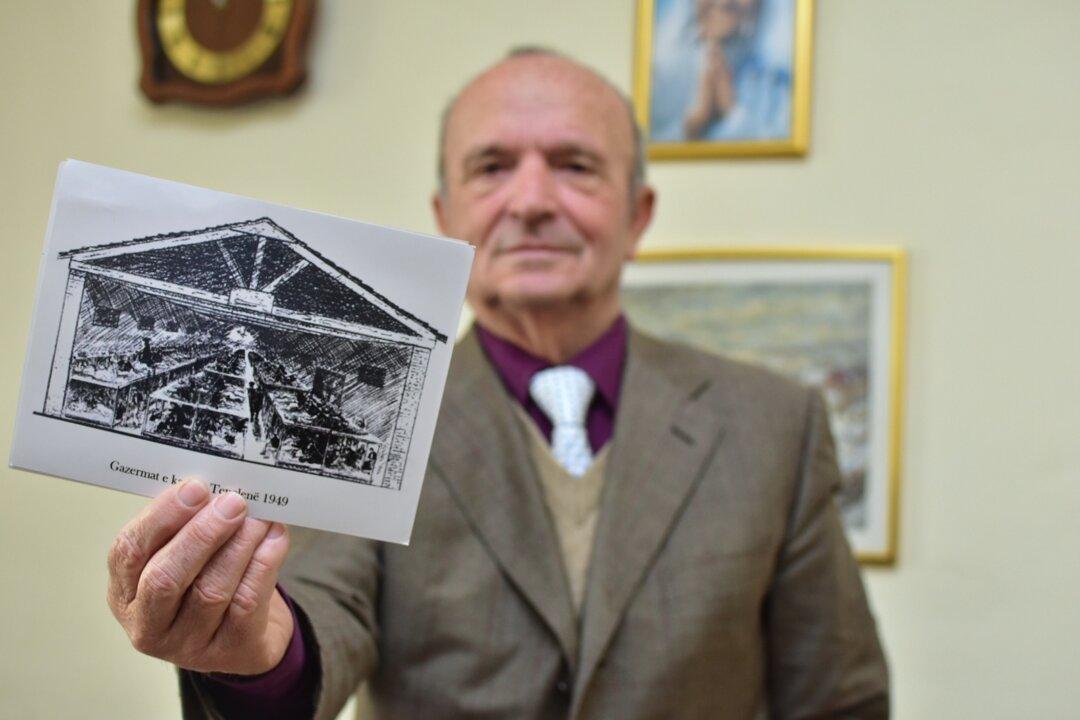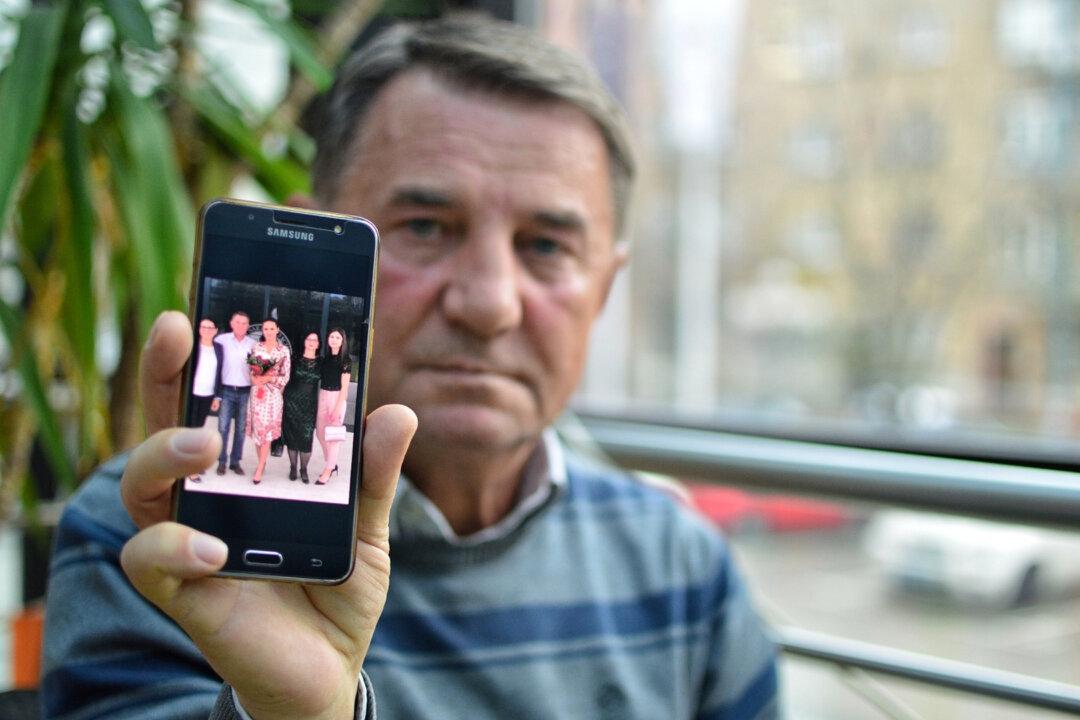TIRANA, Albania—The lives of Arta Lleshi and her family were marked by tragedy in 1954, decades before she was born. That year, her grandfather, Nuri Plaka, was killed in the mountains of Albania along with his fellow group of U.S.-backed Albanian dissidents who were trying to overthrow the communist regime.
Her grandmother and father were taken to camps surrounded by barbed wire fencing, and were labeled “enemies of the people” throughout their lives in communist Albania. Lleshi said she grew up and lived with a constant feeling of fear until the collapse of communism in Albania in 1991.


